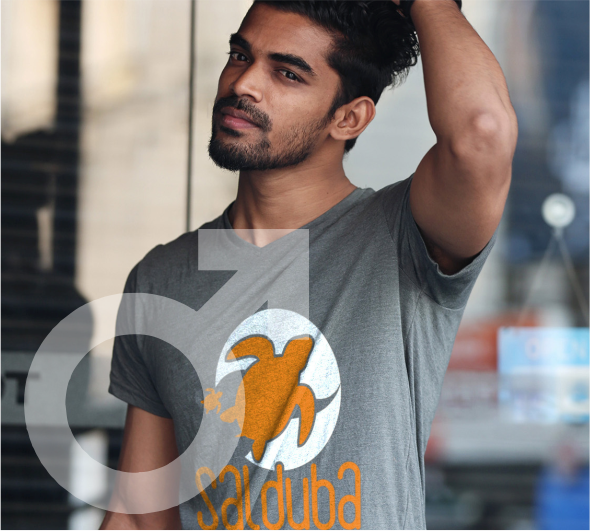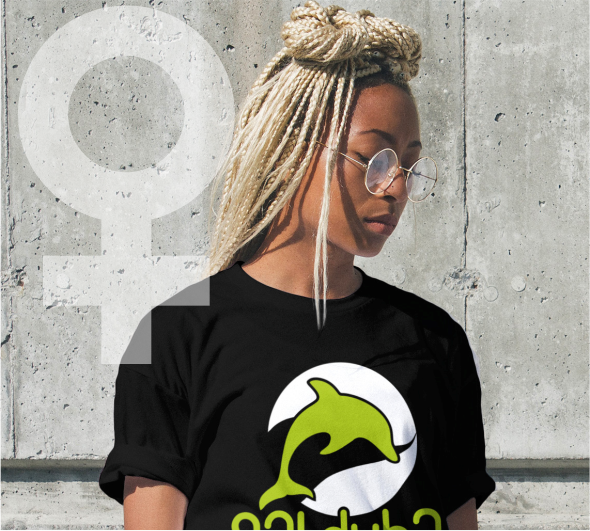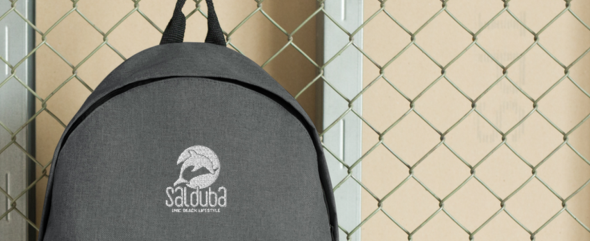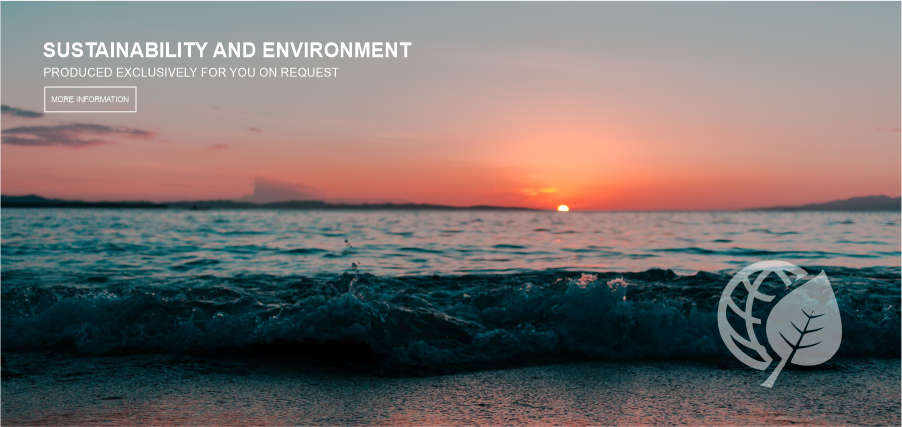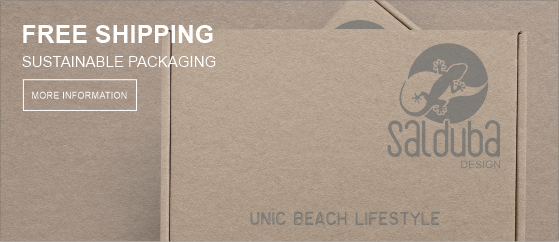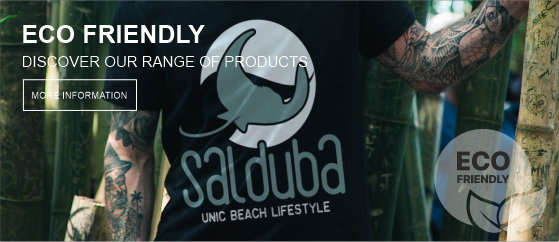Quality you can trust
Our main objective is quality and we actively work together with our partners to offer you the best products.
All orders undergo a three-step quality check before being shipped:
- Automated software checks the quality of the graphics in our designs before they are printed or embroidered.
- Processing specialists check quality while orders are in production.
- Finally the order is reviewed when it is ready.
Part of our quality promise is to reship orders that do not meet our quality standards and were not detected in the verification process due to human error.
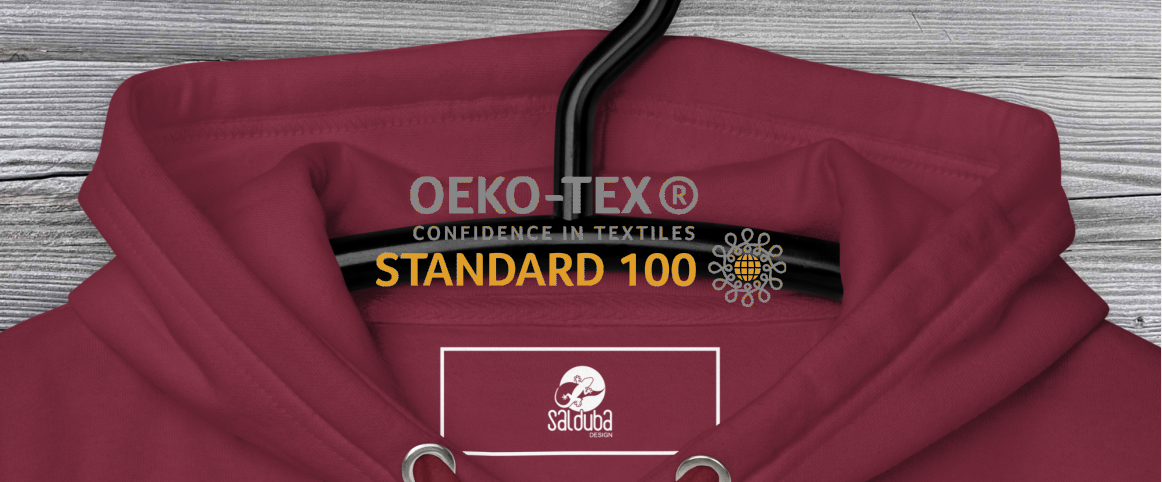
Lasting Quality
The higher the quality, the longer the product lasts.
Before adding new products to our Catalogue, we check the results of durability, washing and wear tests to make sure they will last.
We work with suppliers who make high-quality products that last through many washes, maintain the vividness of printed colors, and the softness of the fabric.
Innovative and more sustainable techniques
We use the best techniques in our designs, to maximize quality and sustainability .
We use direct-to-garment or DTG printed designs for most of our textile products. It's like using a normal printer, but with clothes. The designs are printed directly on the garment and are absorbed into the fabric.
Direct-to-garment (DTG) printing creates quality prints, enables on-demand production, and has almost no limits to color and detail for our designs.
Direct-to-garment (DTG) printing is a more sustainable technology than more outdated clothing printing methods such as screen printing. Screen printing not only uses a lot of water and non-biodegradable plastisol inks, but is also often used to produce bulk orders, leading to overproduction.
By comparison, DTG printing is more eco-friendly because items are only printed on demand from your order.
DTG inks are eco-friendly, CPSIA compliant, non-toxic and non-hazardous, and water soluble. They do not contain heavy metals, formaldehyde or ethoxylated alkylphenols (APE).
We use Kornit NeoPigment and water-based inks that are Oeko-Tex™ certified, meaning they are safe for use on children's clothing and reduce environmental waste.
These inks offer a high AATCC rating (4) for color fastness to washing.
The OEKO-TEX® certification , one of the leading global labels in terms of textile safety, guarantees that certified products do not contain dangerous chemicals.
In order for you to identify which products have this certification, we have included this information in the description of the certified products.
Besides. we also use OEKO-TEX® certified embroidery threads and inks.
We use Mimaki Dye Sublimation Ink Sb411 and Sawgrass SubliJet HD inks for sublimation products. Both inks are Oeko-Tex™ certified. Sawgrass SubliJet HD ink is also used on the mugs.
For sublimation products, we also use MYSUBLI-E Sublimation Transfer ink.
We use Mimaki UV Inkjet Ink Lus 120 ink for mobile phone cases. This ink is GREENGUARD Gold Certified, which means it meets Gold Certification for creating media, finishes, and accessories.
For the posters, we use Epson UltraChrome GS3 ink. This ink is also GREENGUARD Gold Certified.
For some non-clothing products, stickers and canvas, we use EPSON SC80610/80600 ink.
For water bottles and thermal vessels, we use UV-DL Ink.
ECO product certifications
The garments in our Eco collection of products are made with at least 70% organic or recycled materials or mixtures of such materials.
To verify the composition of the material, we request valid certificates from our suppliers:
As proof of the organic composition of clothing, we only accept GOTS or OCS certificates.
In the case of products with recycled materials, we also accept GRS or RCS certificates.
Global Organic Textile Standard (GOTS)
GOTS (which, translated into Spanish, means "global standard of organic fabrics") is the standard that leads the textile processing of organic fibers worldwide. It takes into account both social and ecological criteria and is based on an independent certification of the entire textile supply chain. This standard also limits which fibers can be blended with organic fibers.
Organic Content Standard (OCS)
OCS (in Spanish, "organic content standard" is a certification of non-food products that confirms the presence of organic material in the final product. It also takes into account the supply chain from its source to the product final.
Global Recycled Standard (GRS) and Recycled Claim Standard (RCS)
The RCS (or "Recycling Claim Standard") and the GRS (or "Global Recycling Standard") are international and voluntary standards that establish the requirements for the certification of third parties regarding recycled content and the supply chain. The goal shared by these two standards is to increase the use of recycled materials. The GRS includes social and environmental criteria, as well as additional chemical restrictions when evaluating management processes.

